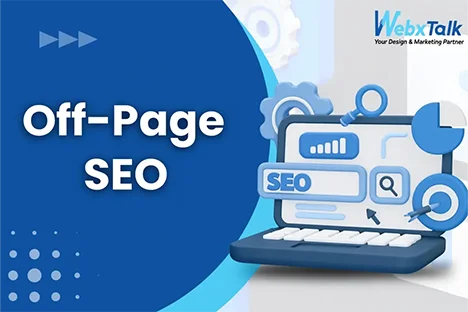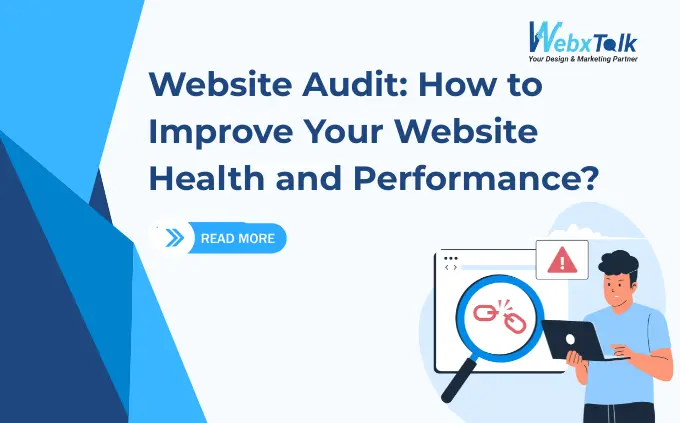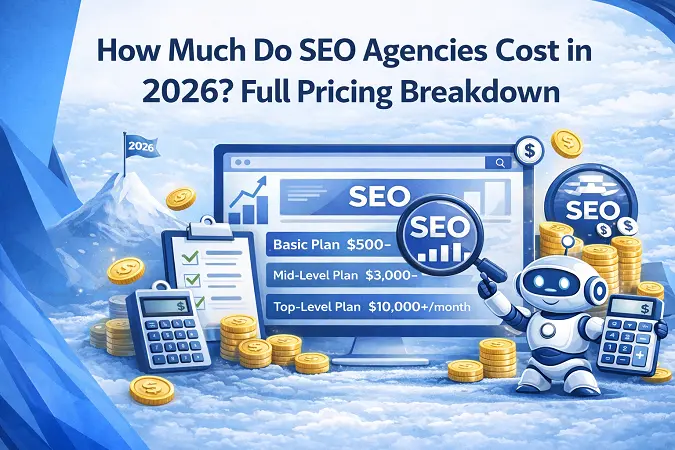What Is Off-Page SEO & Why It Still Matters

Off-page SEO (or off-site SEO) refers to all the actions you take outside your own website to improve its reputation, trust, and authority in the eyes of Google and other search engines. In contrast to on-page SEO, which focuses on optimizing all elements of your website (content, page structure, images, meta tags), off-page SEO is concerned with earning signals from other websites, including links (Backlinks), social references, reviews, and more.
It is not merely a nice-to-have: off-page SEO can make a significant difference to your organic traffic, credibility, and overall rankings.
The difference between On-Page SEO and Off-Page SEO
On-page and off-page SEO work together, but in different areas. Here is the clear explanation.
- On-page SEO: It is everything that you can control on your website, like content, internal links, URLs, and keywords, among others. You have direct control over them.
- Off-page SEO: These are off-site indicators, which you have no direct control over, but influence how Google views the value, authority, and trustworthiness of your site.
On-page SEO allows you to make your site transparent and helpful, whereas off-page SEO makes other people, and even Google, believe that your site is worth their time.
The importance of Off-Page SEO
Off-page SEO is important as it strengthens your website’s authority.
- Backlinks, mentions, reviews, and recommendations are like votes of confidence. When quality sites refer to you, Google approves it.
- These external clues help search engines differentiate between similar sites based on content/structure. Off-page SEO is common as a ranking breaker.
- Not only can a good off-page presence (particularly where the companies are in a competitive niche) lead to the achievement of SEO, but referral traffic, brand reputation, and conversion as well.
Key Off-Page SEO Techniques
These are the primary off-page techniques that you need to engage in, and they can be summarized simply:
1. Link Building
Why it is important: Backlinks are among the strongest off-page signals. Google knows the content of a reputable site is trustworthy by a link.
Types of links:
- Natural links: These occur organically. Someone connects with you as they consider your content valuable.
- Built Links: You contact, pitch, and request links through guest postings or PR.
- Created links: These are links you more or less create yourself – such as directory listings, forum profiles, comments, or press release sites. Use wisely and be aware of spammy techniques.
Best practices:
- It should be quality, not quantity. A few links with high authority, relevant websites are worth more than many low-quality links.
- Create content that will automatically get links: articles, infographics, reports, tools, etc.
- Connect with bloggers, influencers, and journalists within your niche.
2. Social Media Marketing
What to do:
- Be active and post regularly on Facebook, LinkedIn, Twitter, and Instagram etc.
- Be real, respond to comments, ask questions, run polls, or live sessions.
- Plan and monitor your content performance.
Note: The social media links tend to be no-follow (they do not directly transfer the SEO authority), but they help with visibility, brand trust, and can lead to natural links in case the content becomes viral.
3. Marketing of content (Outside Your Site)
Target people with your best content and gain links.
- Digital PR – Hold campaigns on the media websites.
- Guest blogging – Compose articles in other related blogs or websites to gain exposure and links.
- Forums & communities – Provide valuable responses in niche forums. Over time, you gain authority.
4. Local SEO
Local SEO would be essential in case your business has a physical location (store, office, service area, etc.).
This becomes even more important for agencies targeting region-specific audiences, whether they are promoting digital marketing services in India for local clients or expanding visibility through digital marketing services in Amsterdam, and the USA for international reach.
- Create or update your Google Business Profile, and be sure to verify Name, Address, Phone number (NAP) everywhere.
- Be active, share photos, updates, and reply to reviews.
- Create local online business directories. It is important to be consistent in listing details.
5. Influencer Marketing
Collaborate with influencers, bloggers, or content creators of your niche.
- Select influencers that are relevant to your niche and that have the same audience.
- Pre-define your objectives, whether it is brand awareness, backlinks, or sales.
- Pitch yourself, explain value to them, not just “help me”.
6. Online Reviews
Customer response would not only be a reputation signal, but it is also an SEO indicator.
- Request customers to leave a review on Google, Yelp, or other review sites.
- Reply to both positive and negative comments to show genuine care.
- Don’t pay for fake reviews.
Off-Page SEO Checklist
The following is a checklist that can help you keep your off-page SEO in check:
1. Audit your backlink profile
- Check which websites are linking to you.
- Make sure that you have a good balance of do-follow and no-follow links.
- Make sure that links are made to relevant and high authority sites.
2. Comment on other blogs
- Identify non-competitive blogs in your niche.
- Make thoughtful and value-add comments.
- Never comment too much – quality is important.
3. Leverage Local SEO
- Create and maximize your Google Business Profile.
- Use the same in NAP (Name, Address, and Phone number) across directories.
- Review and address local review sites regularly.
4. Maintain social presence
- Post regularly
- Be very active with followers.
- Monitor performance using analytics or a scheduler.
5. Join forums and communities
- Provide helpful answers.
- Build authentic relationships.
- Insert your website link naturally.
6. Earn brand mentions
- Write press releases on updates that are newsworthy.
- Conduct affiliate/referral programs.
- Encourage the customers to talk about you on the Internet through social media, blogs, and review websites.
7. Work with influencers
- Find the influencers who match your niche
- Contact them with a definite plan of collaboration.
- Monitor the performance: traffic, links, engagement.
8. Guest post
- Create quality content for other blogs.
- Check-in guest post sites are reputable.
- Get do-follow links wherever possible.
Final Thoughts
The risk of ignoring off-page SEO is that you are leaving a lot of ranking potential when there is already a solid on-page SEO. Backlink investments, social interaction, local-based SEO, and influencers will create a more robust, more reputable brand online.
Start with small – choose two or three strategies such as guest blogging, social media, and reviews. And do them regularly, and then increase. These undertakings add up over time and have actual search visibility growth and traffic.




